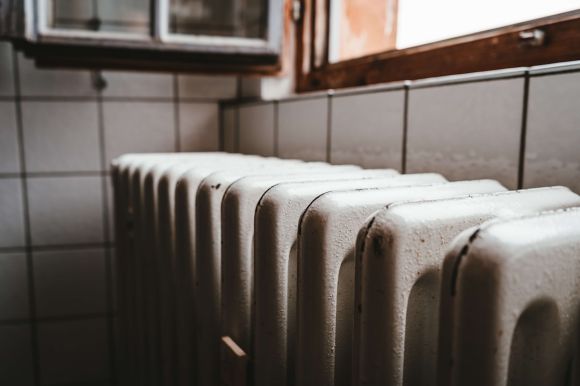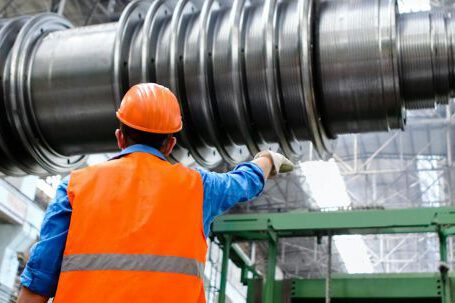Radiant heating systems offer an efficient and comfortable way to heat our homes. However, like any other system, they can encounter problems over time. It is important to address these issues promptly to ensure the system operates at its optimal level. In this article, we will discuss common radiant heating system problems and provide practical solutions to fix them.
Uneven Heating
One of the most common issues with radiant heating systems is uneven heating. This can manifest as certain areas of the floor being warmer or cooler than others. To fix this problem, start by checking the floor temperature throughout the house. If there are significant temperature differences, it may be due to a faulty zoning system. In this case, it is recommended to consult a professional to recalibrate or repair the zoning controls.
Air in the System
Another problem that can affect radiant heating systems is the presence of air in the system. Air pockets can cause reduced efficiency and uneven heating. To resolve this issue, it is necessary to bleed the air out of the system. Begin by identifying the air bleed valves, which are typically located near the boiler or manifold. Use a key or screwdriver to open the valves and release the trapped air. It is important to do this slowly and carefully to prevent any damage to the system.
Faulty Thermostat
A malfunctioning thermostat can lead to temperature inconsistencies and inefficient heating. If you notice that your radiant heating system is not responding to thermostat adjustments or if the temperature readings are inaccurate, it is likely that the thermostat needs to be replaced. Before purchasing a new thermostat, ensure compatibility with your radiant heating system. Once installed, calibrate the thermostat to ensure accurate temperature control.
Boiler Issues
The boiler is the heart of a radiant heating system, and any problems with it can result in a complete system failure. One common issue is low water pressure, which can lead to inadequate heating. Check the pressure gauge on the boiler and ensure it is within the recommended range. If the pressure is too low, you may need to add water to the system. If the pressure continues to drop or fluctuate, there may be a leak in the system that requires professional repair.
Leaking Pipes
Leaks in the radiant heating system can cause a variety of problems, including reduced efficiency and water damage. If you notice damp spots or water pooling around the pipes, it is essential to address the issue promptly. Start by identifying the source of the leak and assess the severity. In some cases, a simple tightening of connections may solve the problem. For more significant leaks, it is advisable to contact a professional plumber to repair or replace the affected pipes.
Regular Maintenance
Prevention is always better than cure, and this holds true for radiant heating systems as well. Regular maintenance can help prevent problems before they occur. It is recommended to have your system professionally inspected and serviced at least once a year. This will ensure that any minor issues are addressed early on, preventing them from becoming major problems down the line.
In conclusion, radiant heating systems can encounter various issues over time, but most problems can be fixed with the right knowledge and tools. By addressing uneven heating, air in the system, faulty thermostats, boiler issues, leaking pipes, and investing in regular maintenance, you can keep your radiant heating system running smoothly and efficiently, providing you with the comfort and warmth you deserve in your home.



